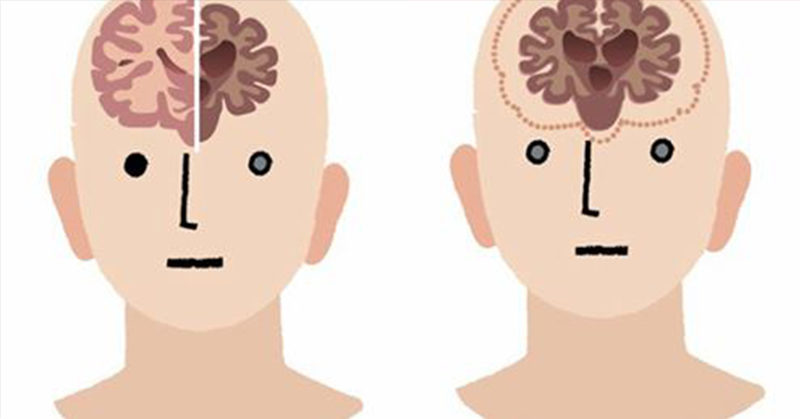Dementia is a progressive condition that damages and eventually kills brain cells. Experts predict that about 82 million people worldwide will have dementia in the next ten years. While there is currently no cure for the condition, recognizing the early warning signs of dementia can help individuals receive the necessary support. Dementia is not a specific disease but a collection of symptoms resulting from various brain disorders. While age-related memory loss is normal, dementia, such as Alzheimer’s, is different. Dementia is characterized by severe memory loss that impacts daily life, such as difficulty with routines, learning new things, and completing familiar tasks. Although most people who develop dementia are over 65, it can also affect individuals in their forties and fifties, known as “young onset dementia.”
Recognizing the early warning signs of dementia is crucial as it allows for early diagnosis and the development of a proper care plan. In the early stages of dementia, symptoms can be subtle and challenging to detect. Some common warning signs include short-term memory loss, difficulty with familiar tasks, language problems, mood changes, disorientation, difficulty following a conversation, repetitive behaviors, loss of initiative, problems with abstract thinking, decreased judgment, withdrawal from social activities, and personality changes. If you or a loved one exhibit several of these symptoms that do not improve, it is essential to seek help from a healthcare practitioner.
While there is currently no cure for dementia, understanding the early warning signs can aid in early diagnosis and effective care planning. Researchers continue to explore treatment options for dementia, with the hope of improving outcomes for individuals with the condition. By recognizing the signs of dementia early, individuals can receive the necessary support and care as the condition progresses.






